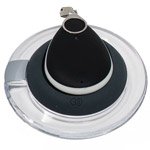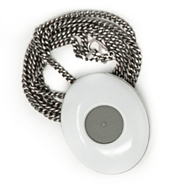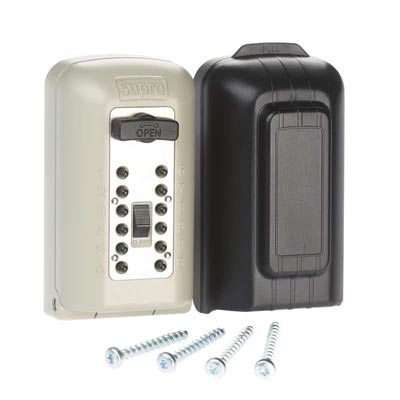Care and support
We know how important it is for you or your elderly loved one to have the care and support they need. Explore our guides and advice about caring for the elderly, and the care costs to consider.
#HaveTheTalk about elderly care earlier
Caring for elderly
As your elderly loved ones enter their later years, it's important to support them and provide them with compassionate support. Being aware of available care options and support resources can help in making informed decisions for your family's benefit.
Care costs
Find valuable resources and practical advice on providing elderly care, including insights on arranging support and understanding care costs.
How we can help
The features available with panic buttons for the elderly can vary, so it's important to find the right kind of personal alarm service for your needs, whether it's for yourself or a loved one.
Personal alarms for the home and out-and-about
Have the freedom to maintain an active lifestyle, with reassurance help is available wherever you are.
An Out-and-About Personal Alarm will also work in your home so you can get help from Taking Care's Emergency Resolution Team any time of the day or night.
Not sure which personal alarm to choose?
Call 0800 085 7371, Monday – Friday, 8am - 6pm and Saturday, 9am – 5pm, to speak with a Taking Care Sales Advisor.
Elderly care experts answer biggest questions about care and support











